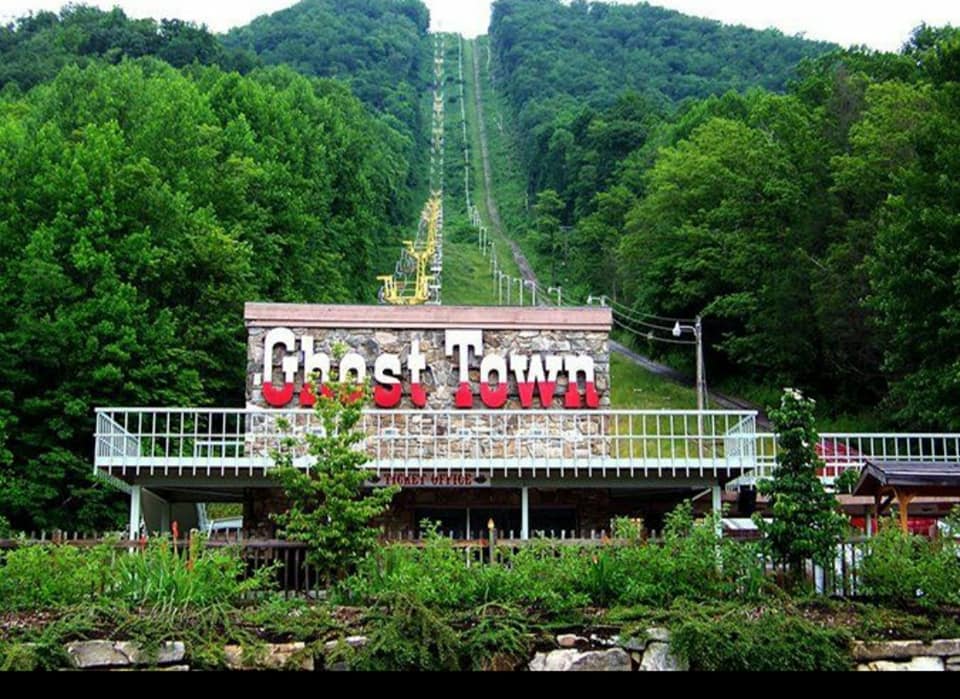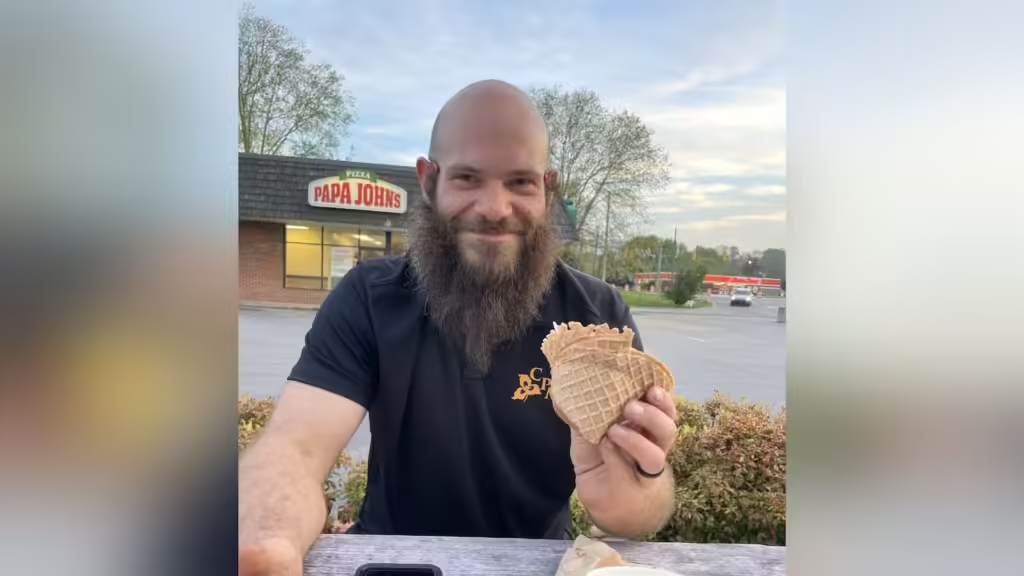
The ongoing legal battle surrounding Ghost Town in the Sky now revolves around missed court-mandated deadlines, allegations of inadequate financial records, and unfounded optimism regarding potential investors swooping in to rescue the project.
At the heart of a protracted lawsuit is the conflict between Jill McClure, the niece and inheritor of former Ghost Town owner Alaska Presley, and Frankie Wood, who received partial ownership in Ghost Town from Presley before her passing. Presley acquired the property after it went into foreclosure, aiming to revive the closed Maggie Valley amusement park. Despite her intentions, she passed away before realizing this vision. Before her death, she formed a partnership with Wood, who claimed he would be the savior of Ghost Town. Upon Presley’s demise, McClure inherited her stake in Ghost Town LLCs, leading to a legal struggle for control between two parties with equal 50-50 stakes.
The issue of financial instability has been a focal point in the legal proceedings. McClure’s lawyer, Mary Euler, argues that the LLC holds minimal liquid assets, supposedly possessing only $100 in a South Carolina bank account, generating no income, and lacking any viable plans for future income generation.
Wood maintains in court filings that he has secured verbal commitments from investors and financiers for the project, but fails to provide concrete specifics or evidence of meetings with investors or studies supporting feasibility or marketing. Euler’s recent legal filing highlights Wood’s reluctance to disclose investor details, raising questions about his loyalty, personal gain, or the actual existence of interested investors or media companies.
Wood counters by claiming the LLC can cover basic costs like taxes, utilities, and insurance but fails to provide evidence, a point refuted by McClure. Although Wood expresses belief in Ghost Town’s revival, McClure’s filing asserts that mere belief doesn’t materialize reality; actual capital investment is crucial, which Wood has admitted to failing in securing. An estimation suggests it would require around $70 million to re-establish the amusement park, hinting at the need for a scaled-down development.
Furthermore, Euler challenges the admissibility of information from Matt Ferguson of Storyland Studios, arguing his status as an expert witness wasn’t disclosed, and the purported Storyland proposal wasn’t timely revealed.
The lawsuit also highlights discrepancies in Wood’s claims regarding LLC contributions and lack of proper financial records. The property, encompassing 250 acres with buildings and rides, is a contentious point, valued at $6.5 million by Euler but appraised at $2.54 million by Wood’s attorney. If Wood’s appraisal is excluded, Euler asserts her client’s valuation stands.
McClure’s court filing outlines sixteen reasons why maintaining the current management arrangement is impractical, citing issues from inadequate bookkeeping, Wood’s poor business history, lack of investment, neglect in property development, failure to protect assets, and a lack of revenue or prospects for growth.





